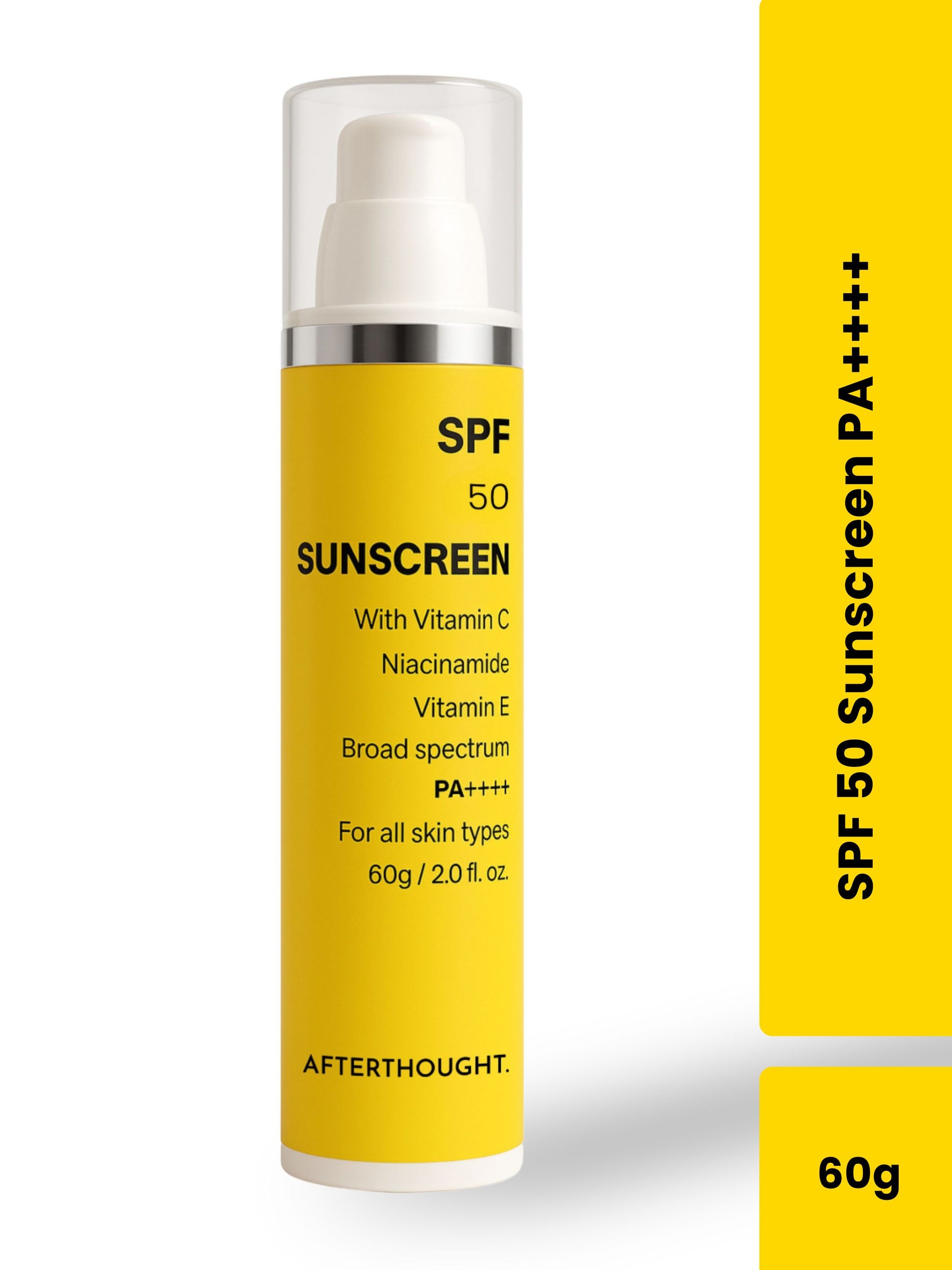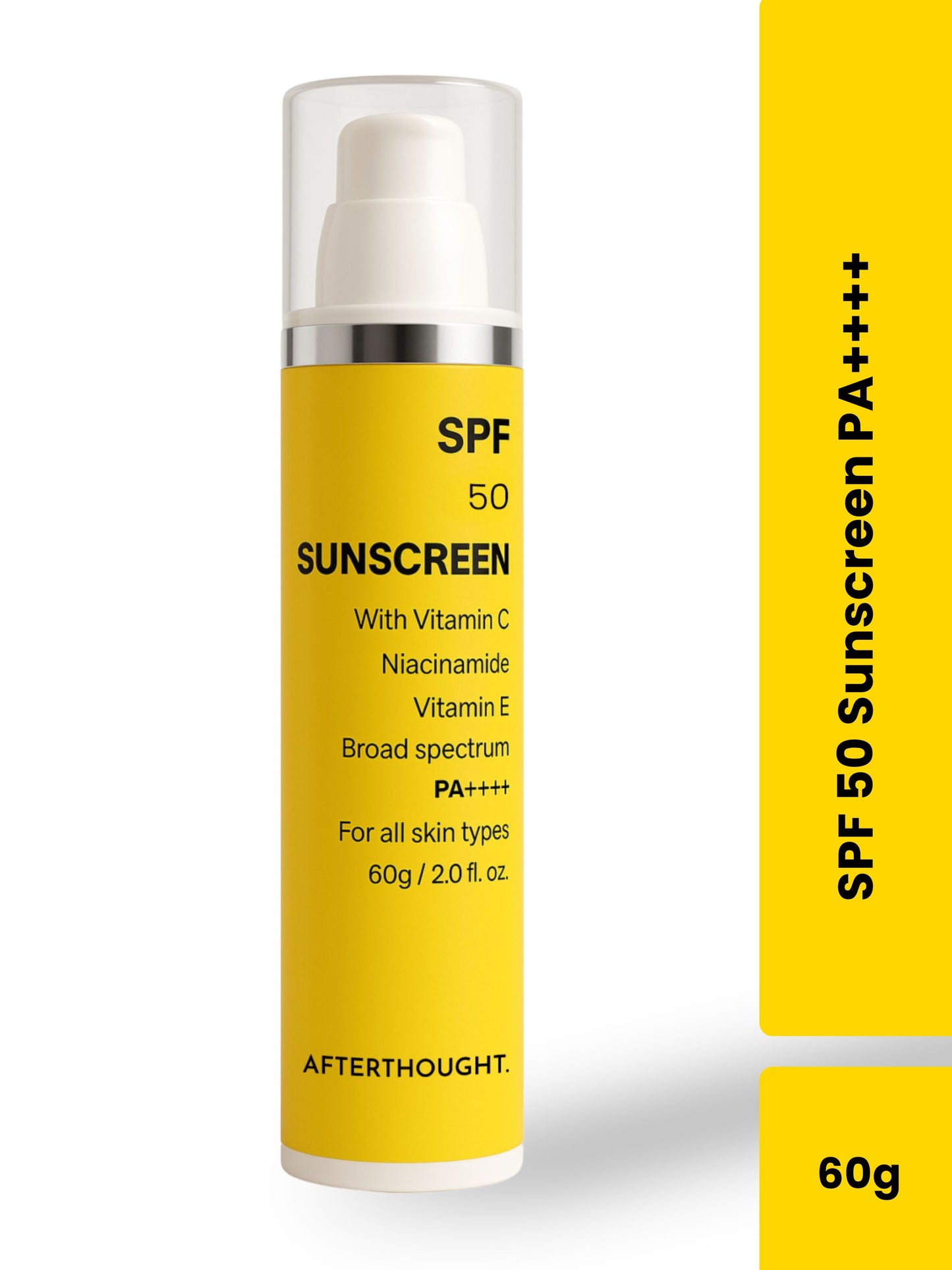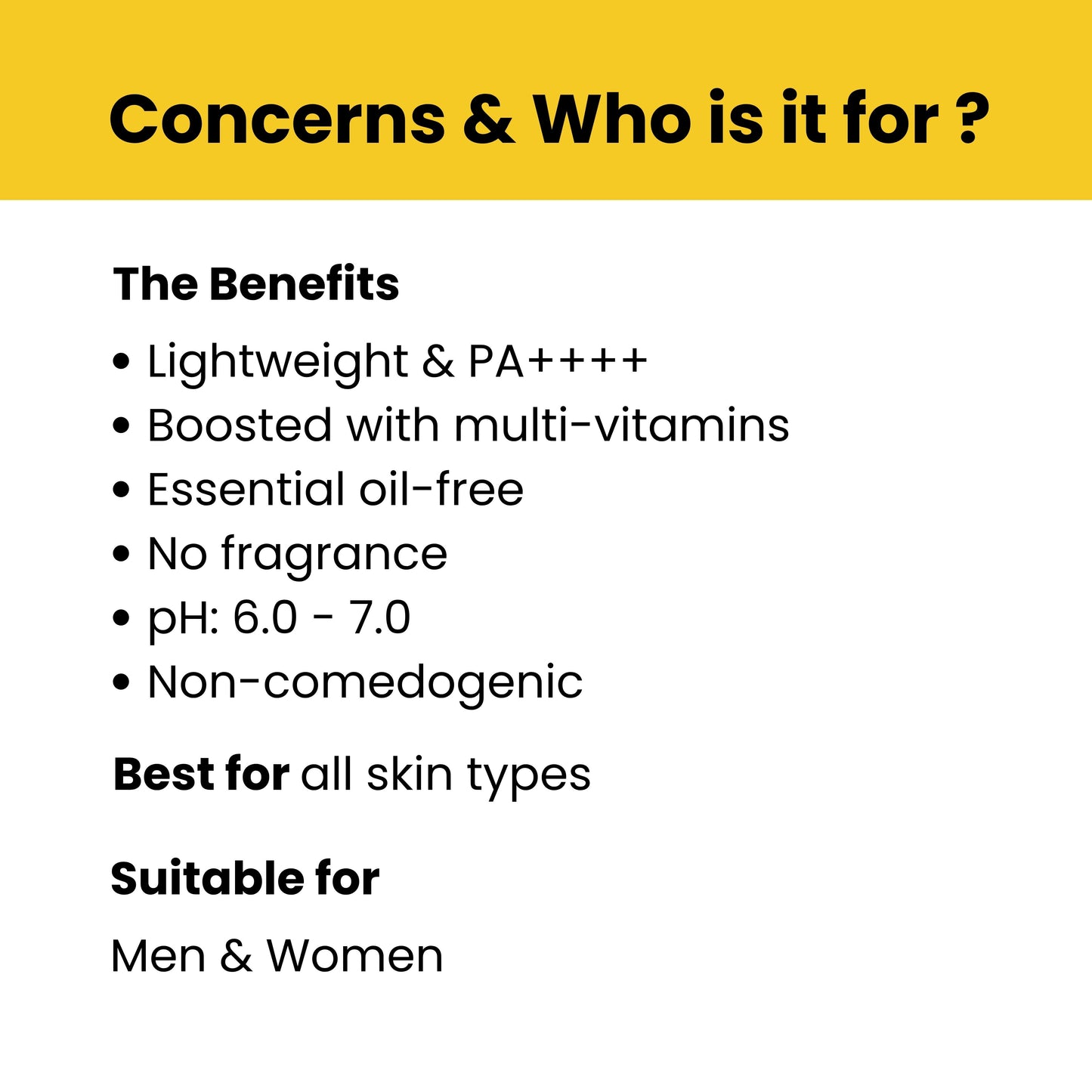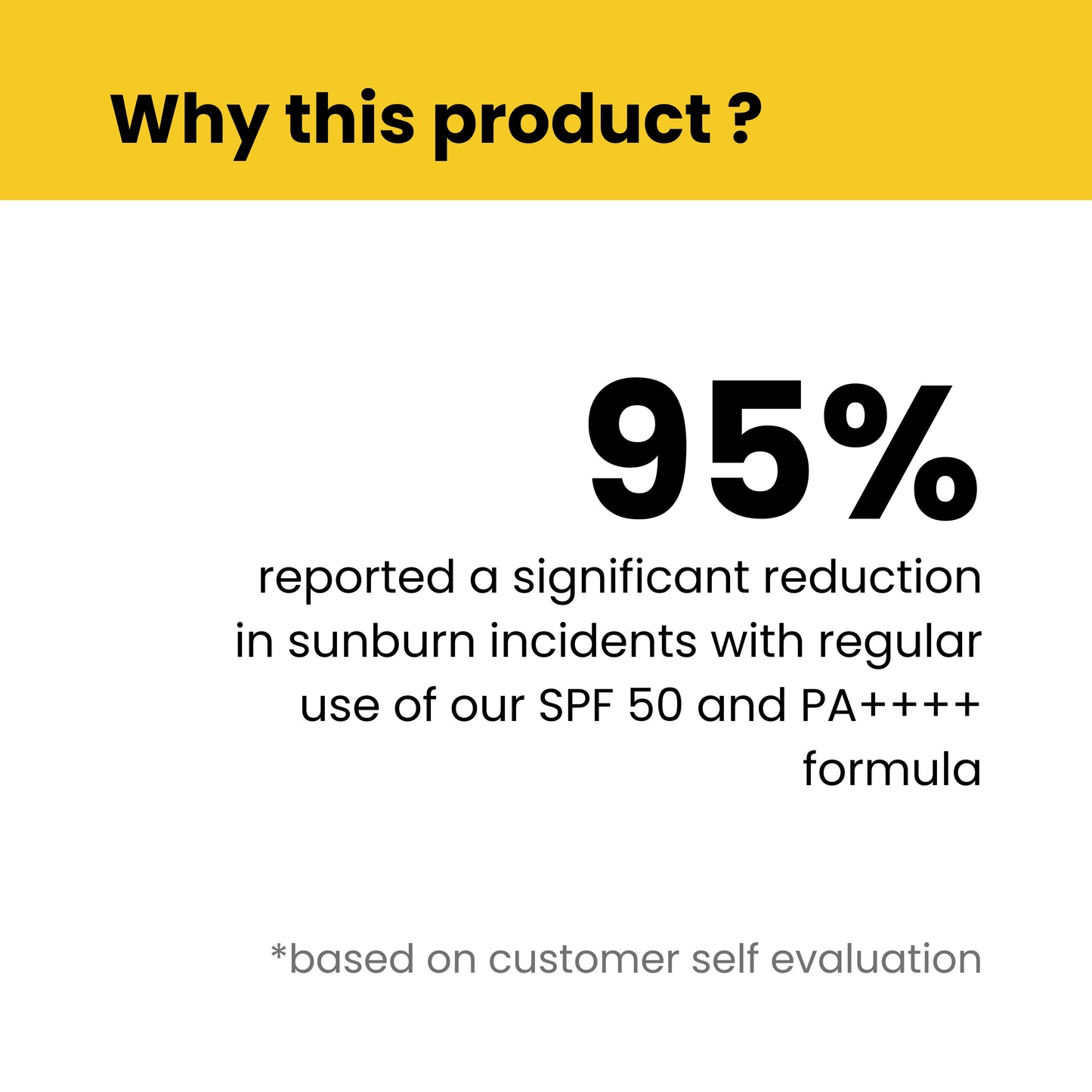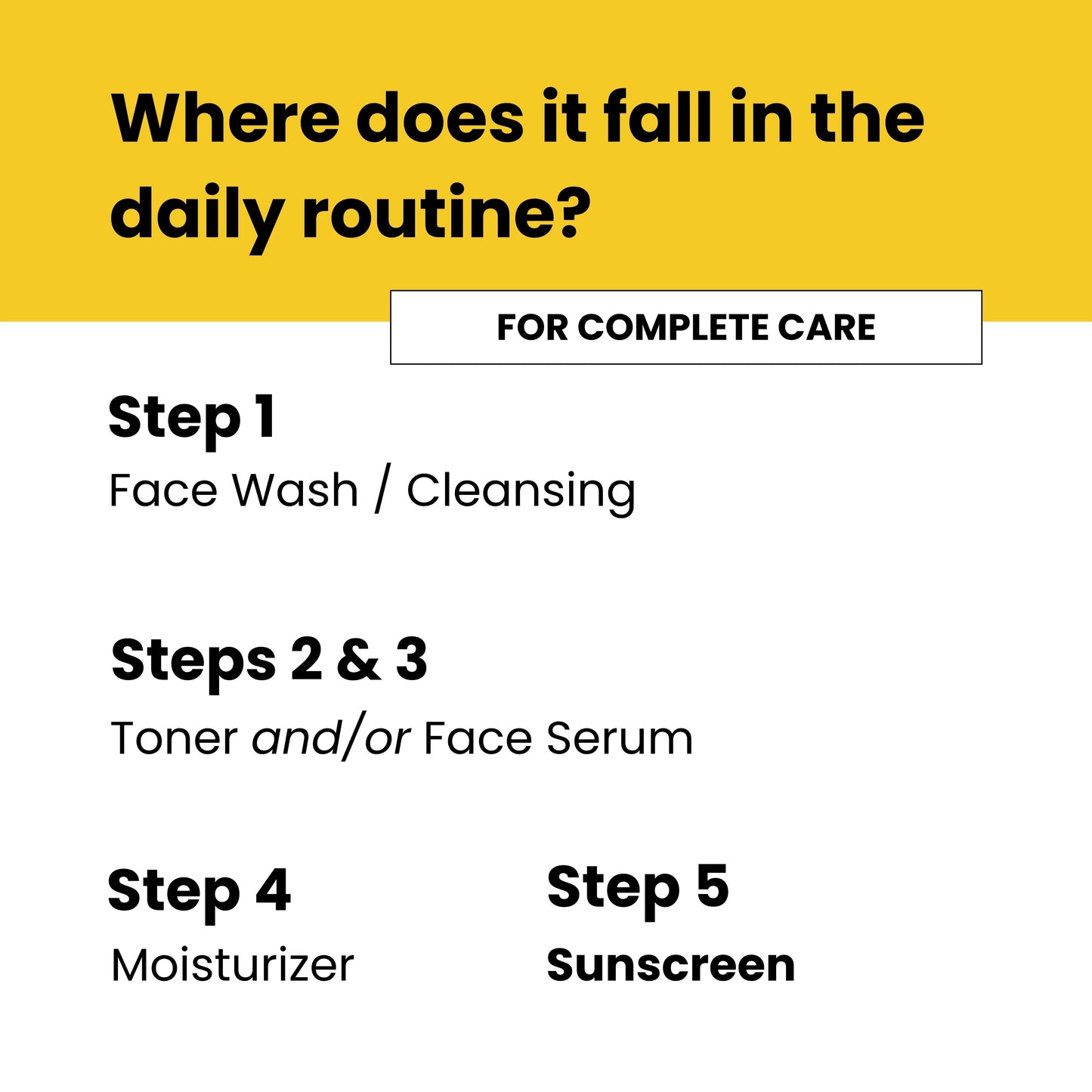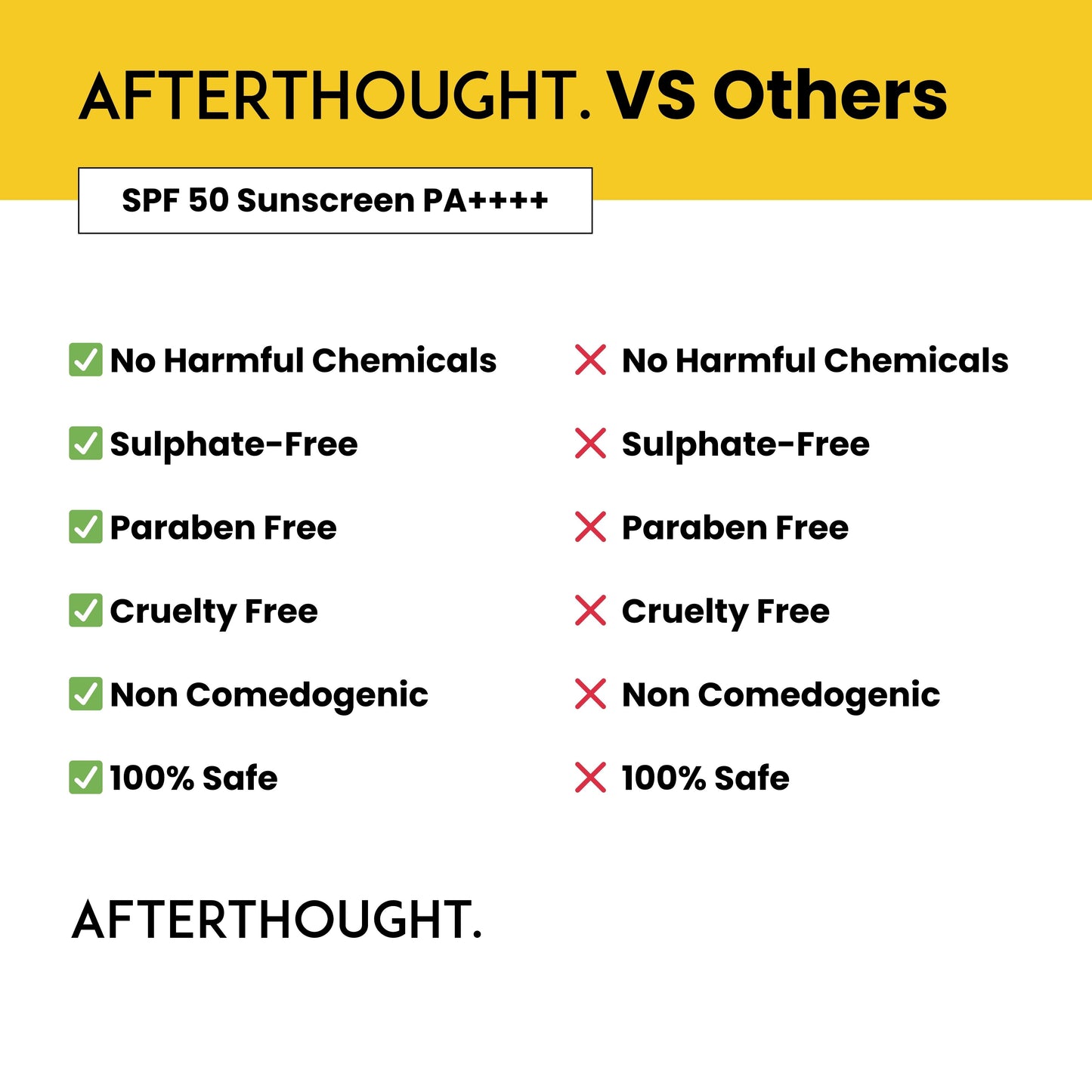Which SPF Sunscreen Is Best For Indian Skin?
India's diverse climatic conditions, ranging from the hot and humid coastal regions to the dry and arid interiors, make sunscreen an essential part of daily skincare.
The unique characteristics of Indian skin, coupled with high UV exposure, necessitate the use of effective sun protection.
This guide explores the best SPF sunscreens suitable for Indian skin, addressing concerns such as skin tone, texture, and climatic conditions. Welcome to Afterthought.
Understanding SPF and Its Importance
Sun Protection Factor (SPF) measures a sunscreen's ability to protect the skin from harmful UVB rays, which cause sunburn and contribute to skin cancer. The higher the SPF, the greater the protection. For Indian skin, which is prone to pigmentation and tanning, an SPF of at least 30 is recommended.
Key Factors in Choosing the Best Sunscreen
Broad Spectrum Protection
Ensure your sunscreen offers broad-spectrum protection, shielding your skin from both UVA and UVB rays. UVA rays can prematurely age the skin, while UVB rays cause sunburn.
SPF Level
For daily use, an SPF of 30 is sufficient. For prolonged outdoor activities, opt for SPF 50 or higher.
Skin Type Compatibility
- Oily Skin: Choose a non-comedogenic, oil-free formula to prevent clogged pores and acne.
- Dry Skin: Look for sunscreens with hydrating ingredients like hyaluronic acid or glycerin.
- Sensitive Skin: Select a fragrance-free, hypoallergenic sunscreen to avoid irritation.
Formulation
- Cream: Suitable for dry and normal skin types.
- Gel: Ideal for oily and acne-prone skin due to its lightweight, non-greasy texture.
- Spray: Convenient for reapplication but ensure even coverage.
- Stick: Great for targeted areas like the face and is easy to carry.
Water Resistance
If you sweat a lot or engage in water activities, opt for a water-resistant sunscreen.
Sunscreen Ingredients to Look For
Physical (Mineral) Sunscreens
Contain active mineral ingredients like zinc oxide and titanium dioxide. These sunscreens reflect UV rays and are less likely to cause irritation, making them suitable for sensitive skin.
Chemical Sunscreens
Contain organic compounds such as avobenzone, octocrylene, and oxybenzone. They absorb UV radiation and convert it into heat, which is then released from the skin. These are often more cosmetically elegant and easier to apply but can sometimes cause irritation.
Antioxidants
Ingredients like vitamin C, vitamin E, and green tea extract can provide additional protection against free radical damage caused by UV exposure.
Addressing Common Concerns
White Cast
Some sunscreens, especially mineral-based ones, can leave a white residue on the skin. To avoid this, look for formulations labeled as "invisible" or "sheer."
Greasy Finish
For oily skin, choose mattifying sunscreens that control oil production and provide a non-shiny finish.
Suitability for Makeup
If you wear makeup, opt for a sunscreen that acts as a good base without causing pilling or greasiness. Gel-based and lightweight formulations are often preferred.
Application Tips for Optimal Protection
Apply Generously
Use about half a teaspoon for the face and neck, and about one ounce (a shot glass full) for the entire body.
Reapply Regularly
Reapply every two hours, or more frequently if swimming or sweating.
Include All Exposed Areas
Don’t forget commonly missed spots like the ears, back of the neck, and the tops of your feet.
Conclusion
Choosing the best SPF sunscreen for Indian skin involves understanding your skin type, the SPF level needed, and the formulation that works best for your daily routine and activities.
By incorporating a suitable sunscreen into your skincare regimen, you can protect your skin from the harmful effects of UV radiation, prevent premature aging, and maintain a healthy, even complexion.
Final Thoughts
Investing in a good sunscreen is not just about preventing sunburn; it's a crucial step in protecting your skin's overall health. Whether you have oily, dry, or sensitive skin, there's a sunscreen out there tailored to meet your needs. Make sun protection a daily habit, and your skin will thank you for years to come.
Check Now : Sunscreen SPF Calculator


